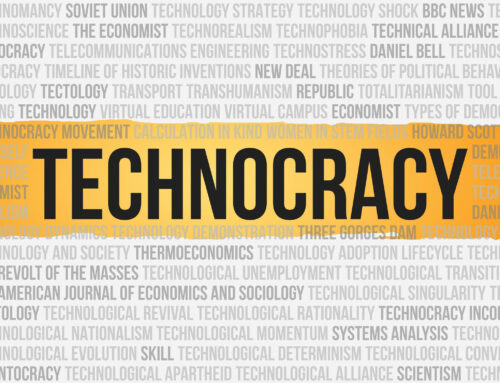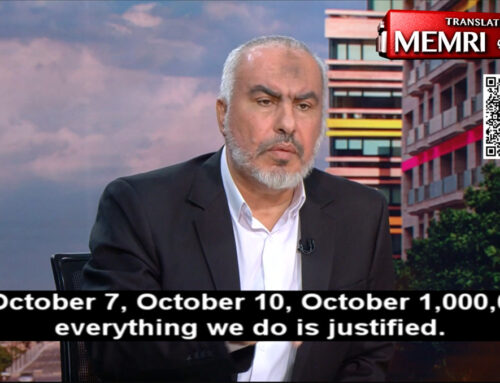Train up a child in the way he should go: and when he is old, he will not depart from it.
Proverbs 22:6 — King James Version
You shall love the LORD your God with all your heart and with all your soul and with all your might. And these words that I command you today shall be on your heart. You shall teach them diligently to your children, and shall talk of them when you sit in your house, and when you walk by the way, and when you lie down, and when you rise. You shall bind them as a sign on your hand, and they shall be as frontlets between your eyes. You shall write them on the doorposts of your house and on your gates.
Deuteronomy 6:5-9 — English Standard Version
Give ear, O my people, to my teaching;
incline your ears to the words of my mouth!
I will open my mouth in a parable;
I will utter dark sayings from of old,
things that we have heard and known,
that our fathers have told us.
We will not hide them from their children,
but tell to the coming generation
the glorious deeds of the LORD, and his might,
and the wonders that he has done.
Psalm 78:1-4 — English Standard Version
Only 9% of Gen Z youth are ‘Bible centered’: survey
Wednesday, August 11, 2021
By Michael Gryboski
Reprinted from The Christian Post
Fewer than 10% of Generation Z youth say they’re committed to reading the Bible regularly, according to a survey that was part of a newly released report by the American Bible Society.
In their “State of the Bible – USA 2021” report released Tuesday, ABS concluded that Gen Z, defined as being between ages 9 and 24, have a “precarious relationship with the Bible.”
Researchers polled individuals as young as 15 and split the generation between “Gen Z youth,” aged 15-17, to separate them from “Gen Z adults,” aged 18 to 24.
ABS found that only 9% of Gen Z youth were classified as “Scripture Engaged,” which means being centered on reading the Bible.
By comparison, 14% of Gen Z adults and 23% of millennials were classified as “Scripture Engaged.” Additionally, 47% of Gen Z youth were labeled “Bible Disengaged.”
“Half of all American adults qualify as a Bible User today — those who use the Bible at least three to four times per year,” stated the report.
“However, only one-third of Gen Z youth (34%) are Bible Users, while 43 percent of Gen Z adults qualify. Compared with Gen Z, millennials have a much higher percentage of Bible Users, approaching the national average (49%).”
ABS also found that, during the pandemic and widespread protests over racial injustice in 2020, Gen Z youth were the most likely to report decreasing their reading of the Bible.
“The turmoil of 2020 did not spark greater Bible use among teenagers. Gen Z youth (27%) are more likely than Gen Z adults (19%) or millennials (9%) to say they decreased their Bible use in the past year,” continued the report.
“Millennials, on the other hand, are more likely to say their Bible use has increased in the past year (29%) compared with Gen Z adults (27%) and Gen Z youth (21%).”
ABS drew from a survey conducted Jan. 4-29 of a national representative sample of 3,354 responses from adults aged 18 and older, as well as 91 youth aged 15-17, with a margin of error of +/− 1.692 percent.
An additional finding of the report was that Gen Z, in general, had a “significant uncertainty about Scripture’s value” in addition to the “lower-than-average Bible engagement.”
“When asked about the Bible’s importance to sustaining key American ideals, youth in Gen Z (ages 15–17) were more likely than adult members of their generation, and far more likely than older adults, to be undecided,” the report added.
“Gen Z youth may continue to form their opinions as they age into adulthood, but Gen Z as a whole are still more likely than millennials to questions the Bible’s relevance to issues like liberty (37% vs. 27%) and unity (29% vs. 20%).”
As they begin to enter adulthood, Gen Z has become a major focal point for research, and, according to multiple polls by Christian groups, a point of great spiritual concern.
In January 2018, the Barna Group released a report concluding that Gen Z teenagers were more likely than older generations to identify as atheist, agnostic or religious unaffiliated.
The 2018 study indicated that 35% of Gen Z teenagers considered themselves atheist, agnostic or unaffiliated, while only 30% of millennials, 30% of Generation X and 26% of Baby Boomers responded the same.
However, a Religious Freedom Index report from Becket released last November found that Gen Z members were more likely than older generations to rely on faith during the pandemic.
The report found that 74% of Gen Z respondents felt that faith was “at least somewhat important” during the pandemic, which was above the 62% average of all generations.
Furthermore, Gen Z respondents were also the generation most likely to consider faith “extremely or very important,” with 51% saying so. By contrast, millennials were the lowest for this at 31%.
RELATED:







Leave a Reply, please --- thank you.